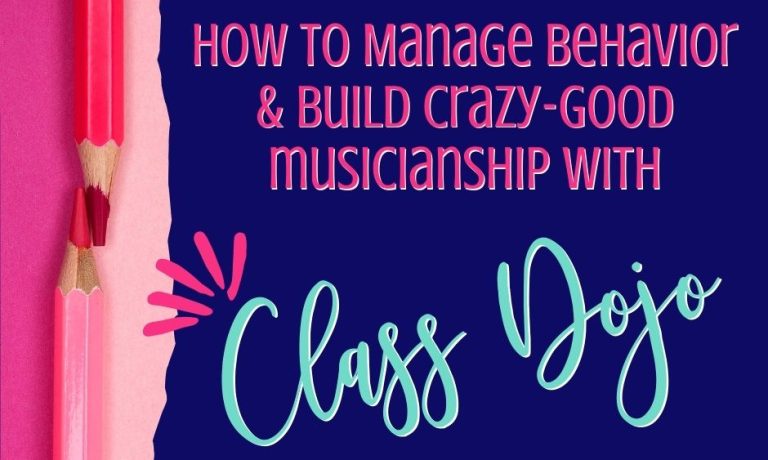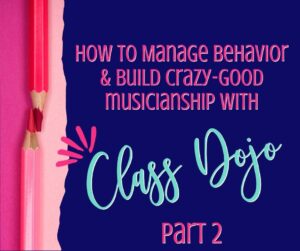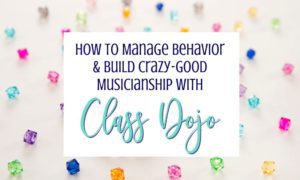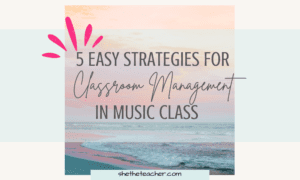Using Class Dojo as a Music Teacher During Rehearsal
In the last blog, I talked about getting started with Class Dojo, the motivation and sort of mindset that led me to use it as a tool in my music classroom. In this next blog, we’ll be discussing the more logistical aspects of how exactly to use it in your music classroom and some specific skills to award points for. You’re already doing SO much, it should be a tool that enhances your teaching, not detracts from it!
Read on to learn more about my favorite Class Dojo tips for music teachers in a rehearsal setting as well as TONS of skills to build in your music students with Class Dojo.
Tip #1: Employ Help!
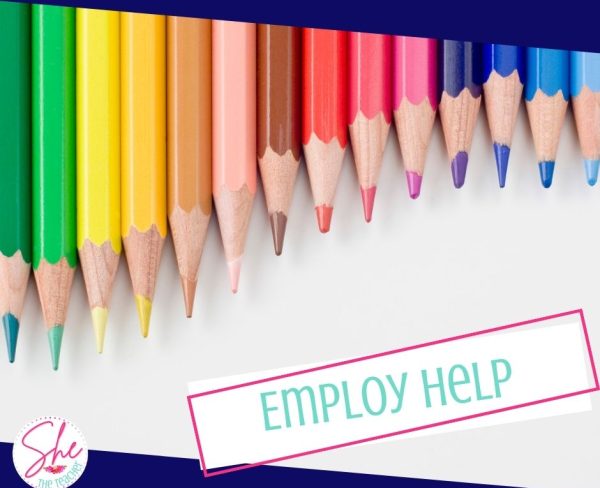
I would split the duties of point awarding between myself and another student. This student would be trained on Dojo and do double-duty of awarding positive points as I called them out, but would also participate in class as best they could.
This helper student would have a device like an iPad with them that I would lock only to open Class Dojo (here’s how!) and as I called out points like – “I’m loving Cassandra M’s posture” or “The first person I saw stand when I asked was Brent! Nice job!” or “Keisha, I love how quiet and ready you are to play. Thanks!” – they would award a point to those students.
Tip #2: Keep the Helper Student's Role Positive Only!
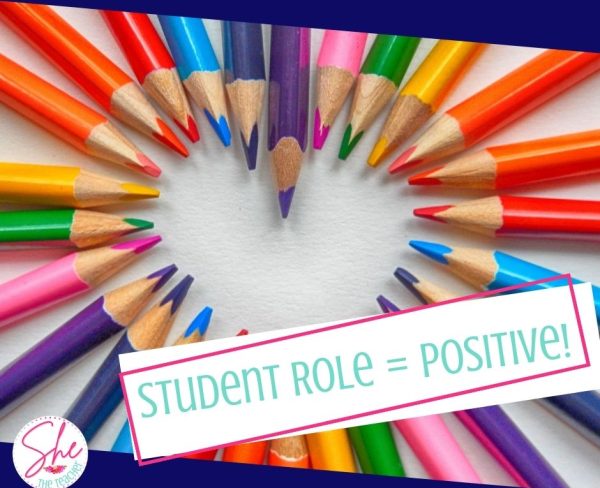
Here is a crucial element: only allow your helper students to award positive points. If you allow your helper students to take away points for talking, tardies, disruptive behavior, etc. you are opening your classroom up to students feeling unfairly picked on by a peer (either for having points removed or being mad at the student who removed the points.) It’s not their job as a student.
Tip #3: Use Negative Points Carefully!
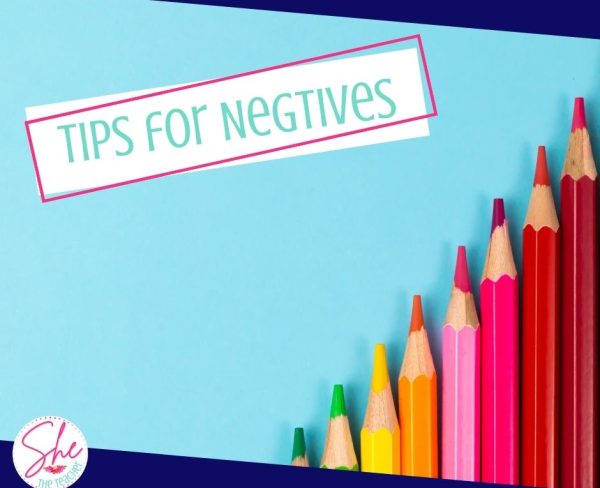
I would very rarely ever call out negative behavior. Of course, if something was unsafe or there was a massively defiant student who required redirection, I’d do my best to provide proximity and would call out behaviors and warnings if needed, but as music teachers, proximity is sometimes difficult due to being in front of the classroom or behind a piano, and NO student wants to be called out for behavior within earshot of EVERYONE (not to mention it becomes immediately confrontational).
Instead, I would run my rehearsals while often projecting the Class Dojo screen at the front of the room. I turned off “Show ‘Needs Work’ Notifications” but often (not always) would allow the notification sound to play. I would pull points for different things, but mostly for talking during rehearsal, having a phone out in class, or not sitting in your assigned seat, etc.
I was the only person who could remove points, and it was always fairly anonymous. I kept my point totals COMBINED on the screen so when a negative point would sound, most students wouldn’t know who it was, but the student who lost a point would see their point total drop discreetly. I think this was an excellent way to have that “non-confrontational behavior modification” because, as music teachers, we rarely have the opportunity for private 1-on-1 conversations during class time. If a student ever noticed their points drop and they didn’t know why, they could always come and talk to me after class, and we could talk through it, or I could delete that negative point if there was a mistake.
To keep the classroom upbeat, I would always give out a positive point to someone directly after pulling a point. There are always tons of students doing the right thing, and it’s so important to acknowledge them! I also would *semi-sneakily* often award out a positive point to the student I took a point from if they quickly fixed their behavior.
Positive Music Classroom Skills to Award Positive Points in a Class Dojo Music Rehearsal
In this section, I’ll give you examples of things you can use to award points on an individual, section, or class basis. Don’t use all of them- pick a max of 5 or so.

Individual Skills
- Coming prepared: bringing your music and instrument/folder/pencil to class.
- Being on time to rehearsal.
- Demonstrating professional seating/standing posture
- Having a great attitude during class.
- Leading warm-ups.
- Trying your best and giving 100% effort in class.
- Listening to the teacher and following directions the first time they are given.
- Improving a performance test from an initial score.
- Helping to clean/set-up the classroom.
- Going first for a playing/singing assessment.
- Eyes on the director
- Not talking at the end of the song.
- Caught being inclusive or encouraging.
- Great low breath!
- Volume Leader
- Being the first person to: stand, sit, touch their nose etc… (help build active listening throughout rehearsal.)
- and so many more!!
Positive Section Skills for Music Classes
- Best blend as a section
- First whole section ready to play
- Everyone came prepared
- Excellent volume
- Leadership
- First section to arrive to class on-time
- Excellent progress from last rehearsal/last week
- Practiced outside of class time
- Best section posture
- Best improved attendance
- And again, so so many more!
Entire Music Class Skills
I’ll be honest with you- I very rarely gave out whole class points to every member of the class. But when I did, it was for one thing: a “Goosebump Point.”
A “Goosebump Point” was awarded for one thing: giving me goosebumps. You could feel the air shift in the room. They GOT it. They were right with me. It was excellent playing/singing and it. just. dang. clicked.
I’m an emotional person so a Goosebump Point usually followed a tearful choked-back…”You guys, that was. Wow.” moment. It was EXTREMELY celebrated, but it helped to emphasize to them when truly meaningful moments were felt because so much of what we do as music teachers is in the emotional/spiritual realm. Yes, there’s technique. Yes, there’s value in practicing, catch- breaths, blending, dynamics, and eye contact. But sometimes, you need something to honor all of it. And when it hits you, it just hits you. You’ll know.
Get ready for the class applause. They’re going to be SO stoked the first time it happens (and make sure to HYPE.IT.UP!)
Other Ideas for Class Dojo in Music Your Music Classroom
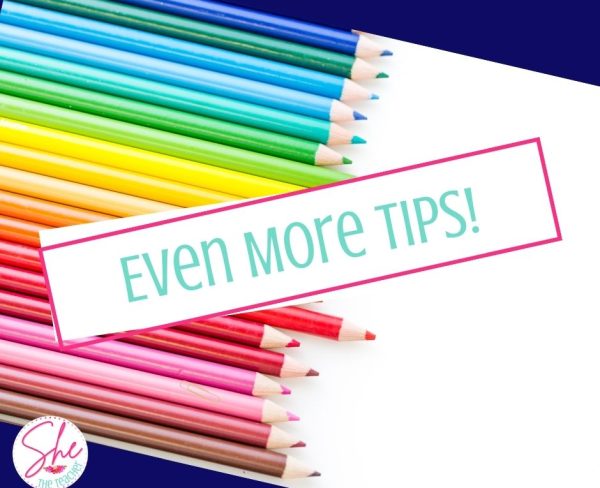
- Shake It Up! Alternate between displaying the screen throughout class, only displaying during warm-ups, and only showing at the end of class.
- Have a student take “informal” attendance on Class Dojo in the first couple minutes of class. Then, use that baseline, check it for errors and submit your attendance to your school portal. Helps speed up the process!
- Use the “Random” function to assess a random student’s posture/embouchure/volume etc. (with the screen off). Students will hear the shuffling sound and then either a ping from a point or nothing at all. I never pull points from the ‘random’ function.
- Track whole class points on a digital or physical poster so classes can see how far other classes are to reaching a prize.
- Look inside your Class Dojo analytics weekly to grade each student’s rehearsal habits. It’s much easier than keeping track in a grade book (and you have data when your principal or a parent requests it!)
- Award out a ‘Student of the Week’ with a special prize. That student has a high (or highly improved) Dojo percentage.
- Let your students choose their own Monster or send you their own personal avatar picture as one of their first prizes (ex. 30 points). Set some guidelines and have them email you an image (or better yet, drop it into a shared Google Drive folder. Does it take time to do? Yes. Worth it? Also yes.
Final Thoughts on Class Dojo in the Music Classroom
I hope you’ve enjoyed learning more about how I used Class Dojo in my middle school music classrooms. Classroom management is tough, but I fought extremely hard to conquer great classroom management while building up my students, keeping positive relationships at the forefront of my mind, and also holding students accountable- even in large classes. All of the time.
In building your own classroom management system, there will always be hiccups, but students will quickly feel when a teacher’s system relies on acknowledging the positive vs. punishing the negative. All you need to do is work toward 1% better than yesterday. Make that your goal.
What questions do you have about this system? What form of classroom management do you use?

